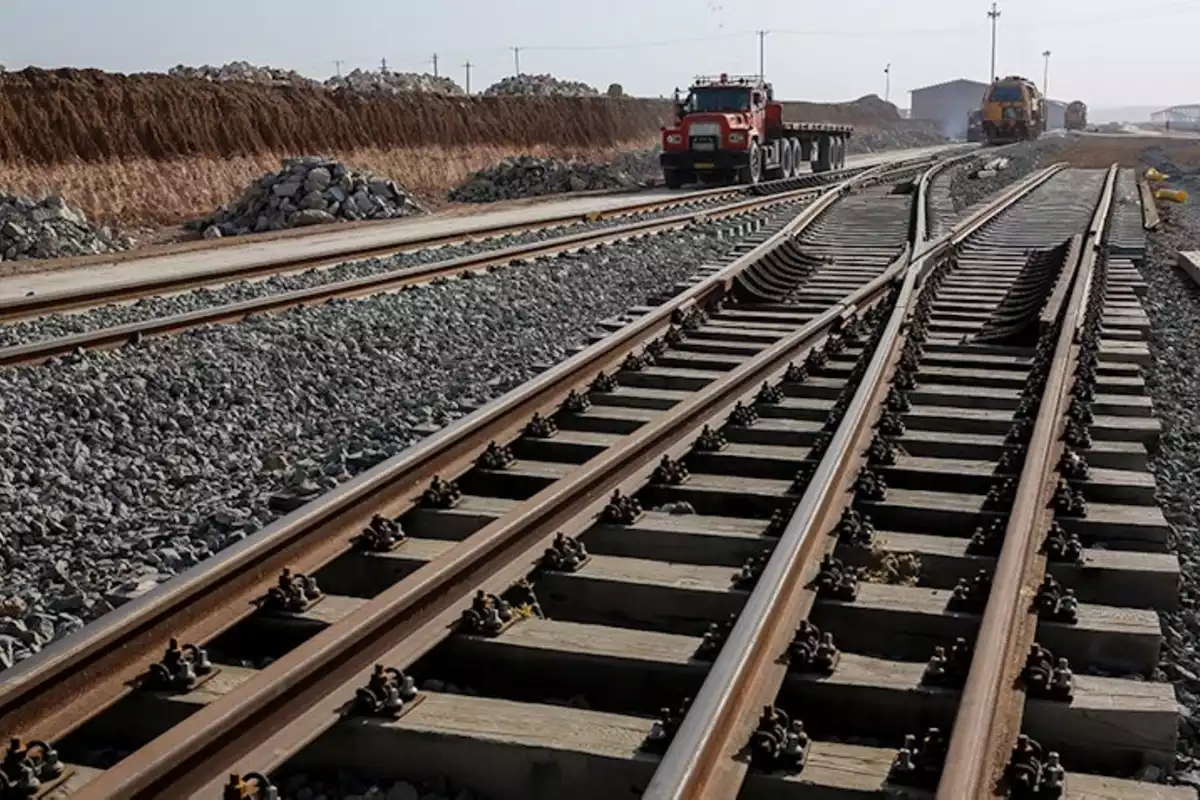
Photo by Reza Rahimi
Uzbekistan and Russia have signed agreements to officially launch the development of the long-anticipated Trans-Afghan railway, a significant regional infrastructure project aimed at connecting Central Asia to Pakistan through Afghanistan.
The documents, signed by the transport ministries of both countries along with Russian Railways and Uzbekistan Temir Yollari, signal the launch of the project’s feasibility study phase, set to begin in 2025, The Caspian Post reports citing foreign media.
The study will assess freight capacity, route viability, and economic feasibility.
According to Russia’s Ministry of Transport, two possible routes are under consideration:
• Route 1: Mazar-e-Sharif - Herat - Dilaram - Kandahar - Chaman (Pakistan)
• Route 2: Termez (Uzbekistan) - Naibabad - Logar - Harlachi (Pakistan)
Further discussions involving Pakistan Railways and an Afghan delegation are expected to take place during the Russia-Islamic World Forum in Kazan on May 15-16. The development follows recent comments from Pakistani Foreign Minister Mohammad Ishaq Dar, who expressed hope that the trilateral framework agreement would be signed soon.
Uzbekistan, which already operates a direct rail link to northern Afghanistan, continues to position itself as a strategic hub for transit trade between Russia, China, and South Asia. In January 2025, Tashkent extended its contract with Taliban authorities to operate and maintain the Hairatan-Mazar-e-Sharif railway, a critical segment of the broader China-Kyrgyzstan-Uzbekistan-Afghanistan trade corridor.
The project’s importance is expected to grow with the future completion of the China-Kyrgyzstan-Uzbekistan railway, which would provide Central Asian states with an additional direct rail connection to China. At present, regional rail access to China runs largely through Kazakhstan.
In a move likely to ease cooperation with Afghan authorities, Russia’s Supreme Court on April 17 lifted its 2003 ban on the Taliban, which had previously classified the group as a terrorist organization. The ruling allows Russian state institutions to formally engage with Taliban authorities, paving the way for closer trade and infrastructure collaboration.
Russian Deputy Prime Minister Alexei Overchuk said the policy change would help boost Russian exports and unlock Afghanistan’s transport and logistics potential.
Uzbekistan, meanwhile, has maintained a policy of constructive engagement with the Taliban, emphasizing regional integration and economic diplomacy. In October 2024, Abdul Ghafar Terawi assumed his post as head of the Taliban-led Afghan diplomatic mission in Tashkent - one of several signs of deepening ties between the two neighbors.
Share on social media